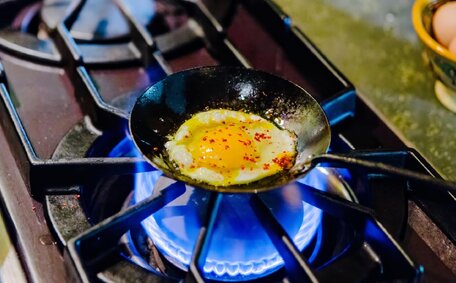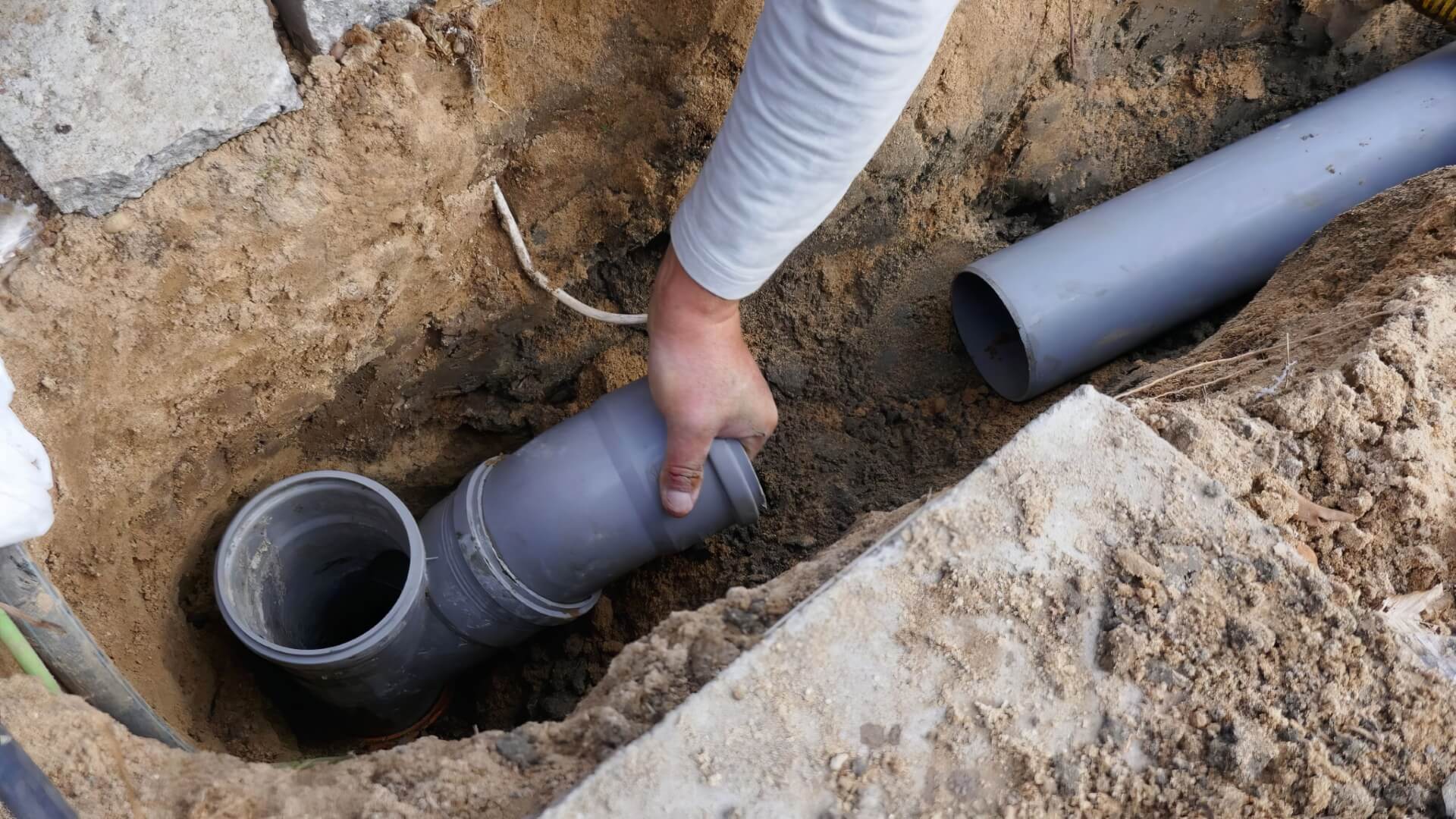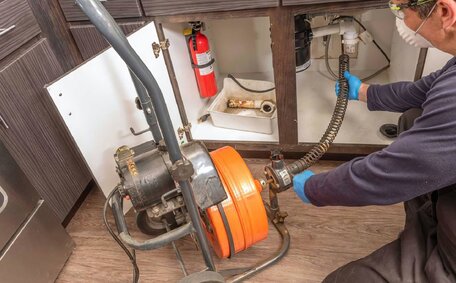Introduction to Drain Maintenance for Restaurants
Restaurants must ensure their drains remain clear and functional.
Blocked drains can escalate into serious plumbing issues, disrupting operations and leading to health code violations if wastewater backs up. Implementing savvy maintenance protocols, including best practices for grease disposal, can prevent costly setbacks.
Proper kitchen drain maintenance encompasses regular cleaning of sinks, responsible disposal of fats and oils, grease trap upkeep, and professional drain cleaning services.
Adhering to professional guidelines, notably regular grease trap cleaning, helps restaurants avert costly plumbing emergencies. Equally important, clean and unobstructed drains ensure compliance with health standards and prevent contamination that can harm customers.
Let’s examine common causes of blocked kitchen drains, including grease trap problems:
- Drain grease buildup - Grease from used cooking oil, meat drippings, sauces, and more slowly coats the drain pipe, leading to potential blockages. Common food scraps that contribute to drain clogs are rice, pasta, eggshells, bones, and large food particles.
- Incorrect disposal - Drain screens are designed to capture debris before it travels down sink pipes. Bypassing these or pouring grease directly down your drains leads to clogs.
- Tree roots - Roots from nearby trees can grow into and block exterior drainage pipes.
- Deteriorating pipes - Old, cracked, or misaligned pipes allow debris to gather and impede water flow.
Slow-draining systems can breed bacteria, potentially contaminating food and utensils, attracting drain flies, and permitting sewer gases into the kitchen.
Causes of Clogged Drains in Commercial Kitchens
Commercial drain systems handle large amounts of food waste, grease, and other debris daily. This constant use makes it essential to learn ways of keeping your drain lines free from blockages.
Preventing Drain Clogs Through Proper Maintenance
Regular Drain Cleaning
An essential strategy for maintaining clear drains is the regular cleaning of sinks, floor sink units, and grease traps. Employ sink strainers and screens to intercept solids during dishwashing and prep area cleaning.
A rigorous restaurant cleaning routine daily eliminates accumulated debris, grease residue, and food chunks before they end up causing blockages. Using boiling water and a potent degreaser can eliminate oily buildup, while fine-screen perforations maintain efficient water flow and trap solids.
Regular screen cleaning is essential to remove accumulated debris.
Using Enzymatic Drain Cleaners
Enzymatic cleaners can help to break down organic matter, tackling difficult substances like grease oil that accumulate in drains over time. These natural cleaners and methods like hydro jetting use bacteria cultures or enzymes which goes a long way to continuously digest buildup as it forms. Employing these cleaners for your sink drain on a weekly or monthly basis helps manage odours, avert clogs, and keep water flowing optimally.
Grease Trap Maintenance
Grease traps are crucial for trapping oil and grease waste from kitchen plumbing before it enters the drain line.
Professionally conducted grease trap cleaning, ideally every 2-4 weeks, is essential to control oil and grease accumulation.
Staff Training on Grease Protocols
It’s critical to train staff in efficient grease disposal to minimize grease entering the drainage system.
Emphasize the need to prevent fats and grease from going down drains and sinks.Advise using strainers and screens to catch grease during the washing of kitchen equipment and dishes.Consequences of Drain Neglect
Health Code Violations
Ignoring drain maintenance can compromise health and sanitation standards, often leading to blockages. Blocked drains can cause wastewater overflow, endangering food safety through the risk of contaminating food prep areas.
Grease buildup provides breeding grounds for bacteria, viruses, and pests. This poses serious risks of foodborne illnesses. Restaurants found violating these regulations face fines of $300-$2,000.
Plumbing Emergencies
Overlooking drain upkeep can lead to the dreaded blocked drains scenario. Grease and debris accumulate over time until drains are completely blocked. Furthermore, plumbing issues can result in expensive damage. Repair costs for a grease-clogged sewer line can average between AUD 6,500 and AUD 16,300.
This situation can cause backups and flooding that shut down restaurants immediately until repairs, including those to the water heater, are conducted.
Pest Infestations
Unclean drains attract pests such as ants, cockroaches, and rats, which can lead to failed health inspections and the need for costly pest control services. Thorough drain cleaning and screens help deter pests by removing their means of entry and food sources.
Pests such as rats and cockroaches may enter through pipes and congregate around your bar sink.
Remember, drains are ground zero for many kitchen hazards. Thus, proper drain care is critical for compliance, safety, and uninterrupted business operations.
Proactive cleaning protocols and professional maintenance shield the plumbing system from health code violations, disasters, pest issues, and possible closures.






